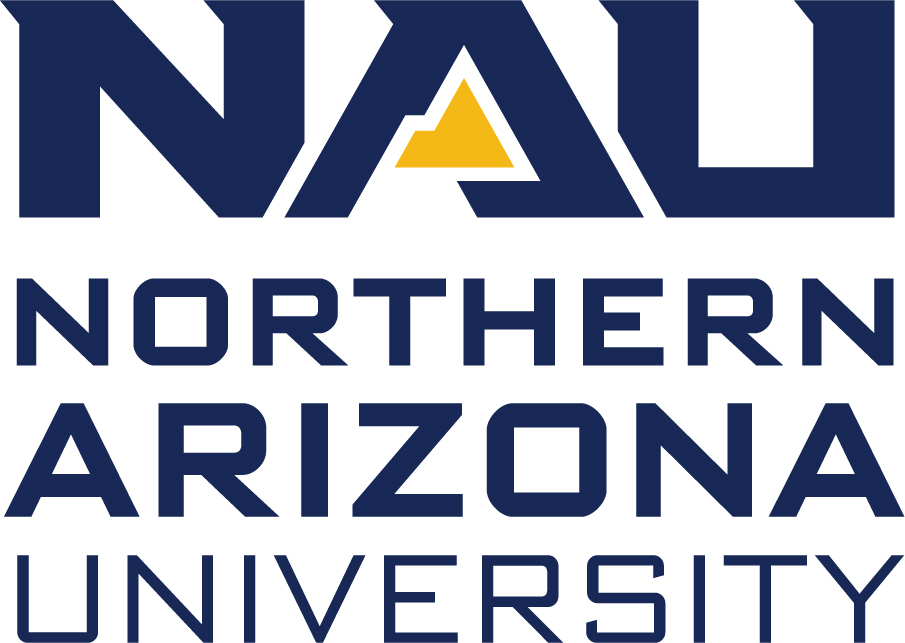Newswise — In a year in which global temperature and atmospheric carbon dioxide records were broken, experts from 20 colleges and universities will gather virtually Nov. 17-19 at Northern Arizona University to discuss why carbon reduction is critical to their institutions’ futures, and how each is forging a path to zero or net zero carbon.
“The Bumpy Road to Net Zero: Paths to Carbon Neutrality in Uncertain Times” features experts in nine major areas of campus carbon reduction, including campus efficiency improvements, biomass energy, cross-sector partnerships, carbon offsets, power purchase agreements and financing. Panels during the three-day conference will also discuss the importance of student engagement and leadership in achieving climate goals and accountability and organizational tools that are key to their success. The event is backed by the Center for Ecosystem Science and Society (Ecoss) and the McAllister Program on Community, Culture, and the Environment at NAU in partnership with the NAU Office of Sustainability.
Speakers from diverse campuses, including the University of California-Davis, University of Wisconsin, Brown University, Colorado State University, Ohio State University and Stanford University, will discuss some of the obstacles and opportunities they have encountered, including budgetary constraints and energy savings realized during the Covid-19 pandemic. NAU has recently renewed its climate action planning process and will be finalizing its own carbon reduction goals in spring 2021.
"We know getting to carbon neutrality is a challenging road,” said George Koch, associate director of Ecoss and one of the event’s lead organizers. “Why have some campuses made it farther than others? How does a campus engage its full community on this journey? And importantly, how well must we know the route before committing to reaching the destination? By creating a forum for sharing lessons learned, we hope to begin to answer some of these questions together.”
Since the Presidents’ Climate Leadership Commitment was initiated in 2006, more than 450 colleges and universities across the nation have made carbon reduction and neutrality commitments. A few have achieved carbon neutrality ahead of their target date, while others are redoubling efforts to meet their goals; still others are establishing new targets. According to Second Nature, a non-profit that supports climate action in higher education and helped develop the 2006 climate commitment, nine U.S. institutions have achieved carbon neutrality as of this fall.
"Achieving carbon neutrality is not an easy feat,” said Tim Carter, president of Second Nature, who will deliver opening remarks at the event. “It requires making the commitment, creating a plan, and doing the hard work. Hundreds of higher education institutions of all sizes and structures have made this commitment and are doing the work to reach their carbon neutrality goals. They understand that there is no other option, because climate change doesn't just affect their campuses and communities, but is a global crisis that we need to solve together. Which is why opportunities like this one being hosted by Northern Arizona University—opportunities that bring together college and university leaders to share and cultivate climate solutions, and provide peer-to-peer support to one another—are so crucial."
“As institutions committed to serving future generations, we know we must address the climate crisis now,” said Bruce Hungate, director of Ecoss and chair of the McAllister Program on Community, Culture, and the Environment. “We hope these conversations can foster some of the community, creativity and urgency needed to navigate the way forward.”
Registration is free and required to attend the sessions. Learn more about the speakers and register at the conference website.
Participants include representatives from: Northern Arizona University, Arizona State University, Brown University, Colorado College, Colorado State University, Duke University, Ohio State University, Stanford University, University of California-Davis, University of California-Berkeley, University of Colorado-Boulder, University of Idaho, University of Illinois-Urbana-Champaign, University of Minnesota-Morris, University of Montana, University of Northern Iowa, University of Utah and University of Wisconsin-Madison.
